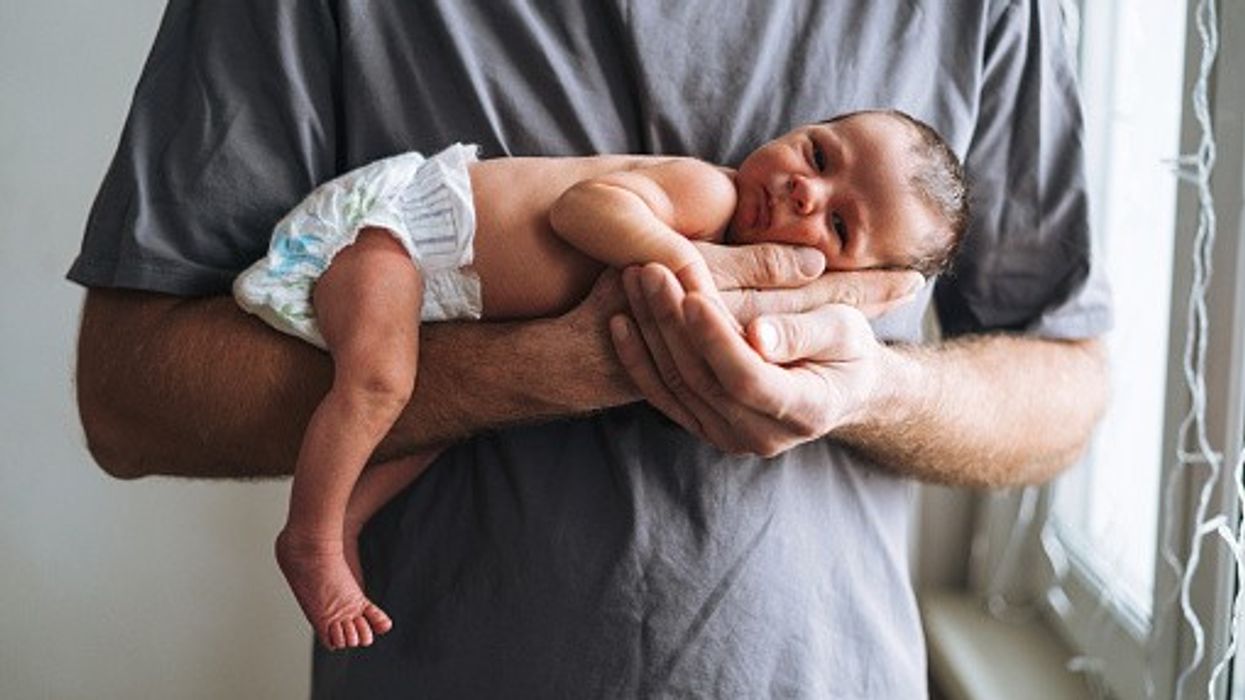Key Summary
- NHS will immunise premature babies with nirsevimab to protect against RSV from September
- Premature babies face higher risk of severe RSV illness and hospitalisation
- Nirsevimab offers longer protection than older drugs, reducing RSV-related admissions
The NHS will immunise vulnerable babies in the UK from respiratory syncytial virus (RSV), common during the winter.
RSV virus infects almost 90 per cent children by the time they turn two.
The nirsevimab drug, the longest effective drug for RSV will act as a ‘protective bubble’ for premature babies, providing protection for six months with a single dose.
UK has witnessed the birth of around 7,000 high-risk infants this year alone.
Majority of the babies are protected through vaccination during late pregnancy, yet babies born before 32 weeks still needs extra safety.
NHS statistics also states that premature babies have three times more chances of getting RSV virus infection and 10 times more chances of requiring intensive care unlike full-term babies.
According to NHS England, nearly 9,000 vulnerable babies and young children will be provided vaccination jabs from late September this year.
Cough and cold are the common symptoms of the virus attack. However, it can worsen causing fatal breathing trouble, pneumonia and bronchiolitis – a lung infection.
Around 30,000 premature children are affected by RSV yearly, among whom nearly 30 succumbs to it.
Families can avail the service from the neo-natal clinics.
Families of children with weak immune system or other serious heart or lung conditions will be advised by health care experts on availing the vaccination.
NHS is confident that with the effective vaccination of vulnerable children they could have nearly 350 fewer hospital admissions this year.
"It will offer a long-lasting defence, helping to avoid unnecessary hospitalisations and serious illness, giving babies the best possible start in life and shielding them from harm," said Dr Claire Fuller, co-national medical director for NHS England.
Palivisumab was the other drug offered for RSV, with 55 per cent of protection from the virus. On the other hand, nirsevimab offers 80 per cent protection from it.
“For babies born very prematurely, the risk of contracting RSV in their first winter is high and extremely serious,” said John Stewart, Director of Specialised Commissioning at NHS England.
“In addition to the NHS in England, health systems in Scotland, Wales and Northern Ireland are also set to offer nirsevimab from this Autumn after NHS England and the UK Health Security Agency (UKHSA) negotiated an agreement with the manufacturer, Sanofi, to purchase stocks of the medicine,” he added.













